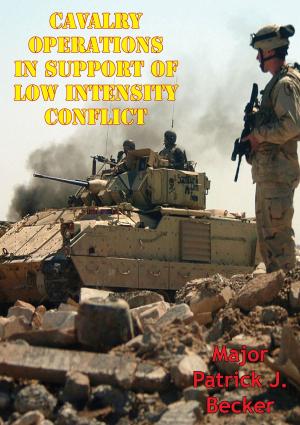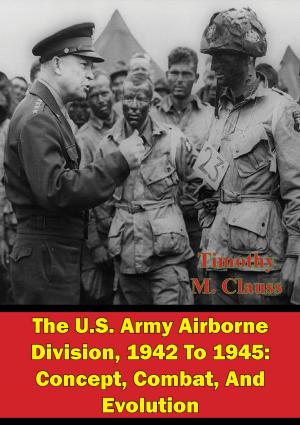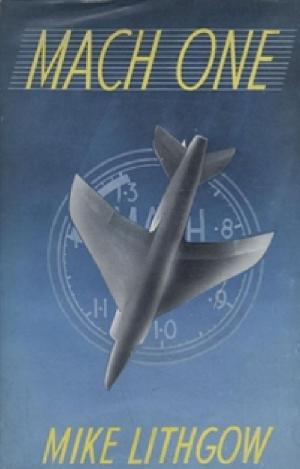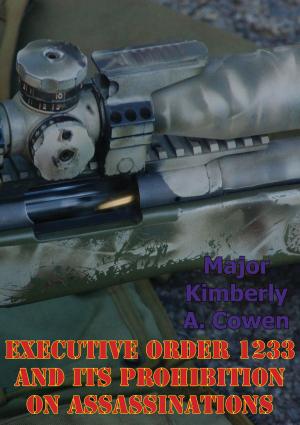US Army Special Forces Role In Asymmetric Warfare
Nonfiction, History, Middle East, Persian Gulf War, Military| Author: | Major Heinz P. Dinter Jr. | ISBN: | 9781782897934 |
| Publisher: | Tannenberg Publishing | Publication: | August 15, 2014 |
| Imprint: | Tannenberg Publishing | Language: | English |
| Author: | Major Heinz P. Dinter Jr. |
| ISBN: | 9781782897934 |
| Publisher: | Tannenberg Publishing |
| Publication: | August 15, 2014 |
| Imprint: | Tannenberg Publishing |
| Language: | English |
The U.S. National Security Strategy is the basis of a preventive solution through global engagement, which fosters international interoperability and cooperation to defeat complex asymmetric threats. The study examined how U.S. Army Special Forces (SF) can advance this interoperability and cooperation, and identified three evolving roles; Strike Force, Warrior Diplomats, and Global Scouts. As they transition into the 21st century, the central research question is: will U.S. Army Special Forces need to redefine themselves in terms of mission, doctrine, training, or organization as a result of their evolving roles conditioned by an asymmetric threat environment?
The study examined the relevance of core, collateral, and emerging missions. It concluded that basic SF doctrine remains sound, but the changing environment and evolving roles of SF will call for a certain amount of refinement. Tactics, techniques, and procedures will change as new technologies are introduced into SF organizations, but emphasis on the human element remains essential, and SF core competencies and warrior skills must be preserved.
The study concluded with recommendations to preserve the relevance and efficiency of SF as the premier mechanism for extending U.S. influence in a world of increased global interaction, required to meet security needs.
The U.S. National Security Strategy is the basis of a preventive solution through global engagement, which fosters international interoperability and cooperation to defeat complex asymmetric threats. The study examined how U.S. Army Special Forces (SF) can advance this interoperability and cooperation, and identified three evolving roles; Strike Force, Warrior Diplomats, and Global Scouts. As they transition into the 21st century, the central research question is: will U.S. Army Special Forces need to redefine themselves in terms of mission, doctrine, training, or organization as a result of their evolving roles conditioned by an asymmetric threat environment?
The study examined the relevance of core, collateral, and emerging missions. It concluded that basic SF doctrine remains sound, but the changing environment and evolving roles of SF will call for a certain amount of refinement. Tactics, techniques, and procedures will change as new technologies are introduced into SF organizations, but emphasis on the human element remains essential, and SF core competencies and warrior skills must be preserved.
The study concluded with recommendations to preserve the relevance and efficiency of SF as the premier mechanism for extending U.S. influence in a world of increased global interaction, required to meet security needs.






![Cover of the book Amicicide: The Problem Of Friendly Fire In Modern War [Illustrated Edition] by Major Heinz P. Dinter Jr.](https://www.kuoky.com/images/2015/november/300x300/9781786253705-WiuR_300x.jpg)



![Cover of the book I Flew For The Führer: The Story Of A German Fighter Pilot [Illustrated Edition] by Major Heinz P. Dinter Jr.](https://www.kuoky.com/images/2015/november/300x300/9781786256478-64hF_300x.jpg)
![Cover of the book U.S. Marines In Battle: An-Najaf, August 2004. [Illustrated Edition] by Major Heinz P. Dinter Jr.](https://www.kuoky.com/images/2014/august/300x300/9781782893929-K8hX_300x.jpg)



